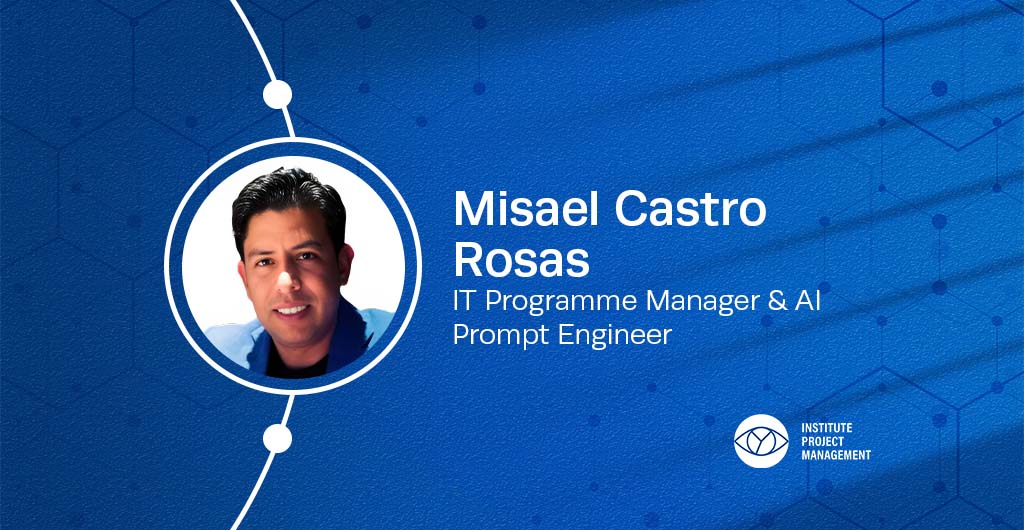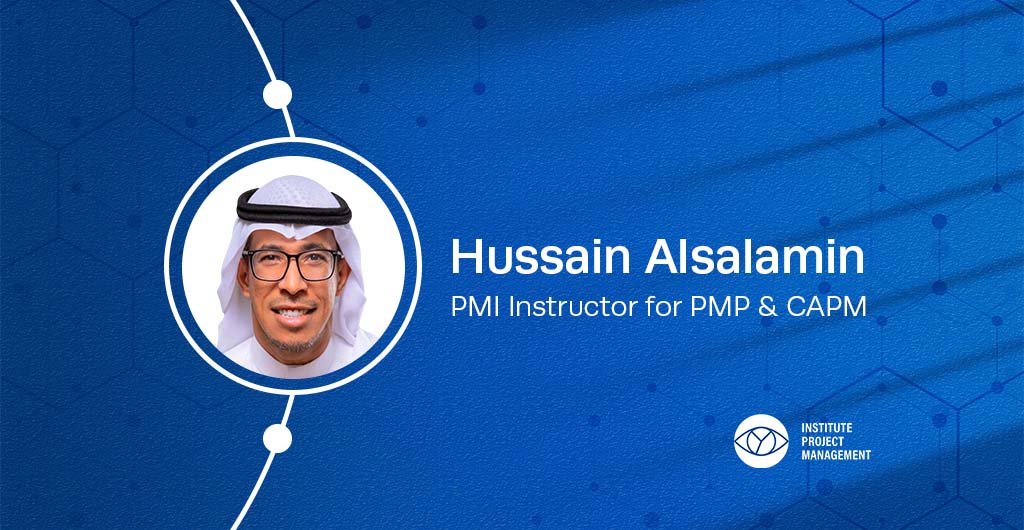Need advice? Call Now, Schedule a Meeting or Contact Us


Speak to an advisor
This article talks about the reasons why CEOs should acknowledge and enthusiastically embrace project management.

In today's constantly changing and fast-paced business world, CEOs have the task of guiding their organisations toward success. While there are skills that contribute to effective leadership, one that is often overlooked and not fully utilised is project management. Despite some misconceptions that project management is a bureaucratic hurdle, embracing it can bring CEOs numerous advantages and play a critical role in the success of their organisations.
In this article, we will talk about the reasons why CEOs should acknowledge and enthusiastically embrace project management as a strategic driver for their organisations.
One of the foremost reasons for CEOs to embrace project management lies in its ability to align organisational projects with the broader strategic vision. Project management ensures that initiatives are not just individual endeavours but integral components of the overarching organisational strategy. CEOs who integrate project management principles can steer their organisations toward a coherent and synchronised approach to goal realisation. This strategic alignment facilitates a seamless translation of high-level objectives into actionable plans, enabling efficient resource allocation and focused efforts toward the achievement of organisational goals.
In a world fraught with uncertainties, risk mitigation is a critical aspect of effective leadership. Project management offers a structured framework for identifying, assessing, and mitigating risks associated with various initiatives. Comprehensive reports, such as those from the Economist Intelligence Unit, emphasise the growing importance of project management practices, particularly during economic downturns. CEOs who embrace project management not only reduce risks but also enhance the success rates of their projects. By integrating practices such as hiring project managers who specialise in identifying potential risks, developing contingency plans, and implementing risk mitigation strategies into their organisational fabric, the CEO creates a resilient environment that can weather unforeseen challenges and emerge stronger.
Project environments are rife with challenges such as scope creep, budget overruns, and stakeholder conflicts. Embracing project management methodologies empowers CEOs to proactively address these issues. By instilling a culture of accountability and efficiency, CEOs can ensure that projects stay on course and deliver intended outcomes. Project management also excels in efficient resource utilisation, ensuring that human, financial, and technological resources are allocated optimally. This efficiency enhances project delivery and contributes to overall organisational productivity.
Beyond risk management and issue resolution, project management fosters a cultural transformation within organisations. It is not merely a set of tools and techniques but a mindset that encourages collaboration, innovation, and continuous learning. CEOs who champion project management instil a project-oriented ethos, enabling teams to leverage project management competencies for superior results. This cultural shift becomes a permanent instrument for developing and retaining human capital as project managers and team members continually refine their skills through project work. Project managers routinely conduct post-project evaluations, identifying lessons learned, areas for improvement, and best practices. By doing so, one project can be systematically shared and applied across the organisation, creating an environment where efficiency and effectiveness become ingrained in the organisational DNA.

Projects, when viewed collectively, form the building blocks of an organisation's strategy. CEOs can leverage project management to adopt a portfolio approach, treating projects as strategic investments. This approach allows CEOs to align project priorities with overarching organisational goals. Optimisation of resource allocation and utilisation ensures that projects contribute directly to the strategic vision, offering a tangible and measurable impact on organisational performance. As the Economist Intelligence Unit report emphasises, strategy is fundamentally a collection of projects, and CEOs who employ project management principles effectively measure and evaluate project performance and outcomes.
Project management is pivotal in facilitating data-driven decision-making at the executive level. By systematically measuring and evaluating project performance, CEOs gain valuable insights into the impact of projects on customers and stakeholders. This not only demonstrates the value of projects but also contributes to the creation of a culture of excellence and continuous improvement. Lessons learned and best practices become valuable resources that can be shared and applied across the organisation, fostering an environment where efficiency and effectiveness are not just goals but ingrained principles.
In today's dynamic business environment, adaptability is key to gaining a competitive edge. Project management principles inherently promote adaptability by providing a structured framework for responding to change. CEOs who embrace project management empower their organisations to respond quickly to evolving market dynamics and changing customer needs. This adaptability becomes a core competency that positions the organisation as a dynamic player in the industry, capable of navigating challenges and seizing opportunities effectively.
Project management, as a discipline, encourages continuous learning and skill development. CEOs who prioritise project management contribute to the development and retention of human capital within their organisations. Project managers and team members continually refine their skills, knowledge, and experiences through project work. This investment in talent development not only enhances project delivery but also creates a workforce that is adaptable, innovative, and aligned with the organisation's strategic objectives.
In conclusion, project management is not merely a functional aspect but a vital and valuable discipline that can empower CEOs to navigate their organisations through the complexities of the modern business environment. By embracing project management, CEOs can strategically align their initiatives, mitigate risks, optimise resource utilisation, foster cultural transformation, gain a competitive edge, and achieve sustained excellence. Far from being a bureaucratic obstacle, project management emerges as a significant benefit and booster for CEOs and their organisations in the pursuit of success and growth. As the business landscape continues to evolve, project managers will always be there to enhance the overall reputation of an organisation. CEOs who wholeheartedly embrace project management positions themselves are not just leaders but architects of a resilient and prosperous organisation.














